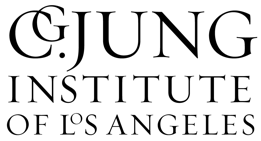Description
Jungian Literary Criticism presents a comprehensive, theoretical foundation for a tradition of study that has included some of the leading critics of this century. Although Jung’s work has influenced writers and scholars such as Robertson Davies, Northrop Frye, Joseph Campbell, and Robert Bly, and although the Jungian approach addresses questions of gender and culture that are at the center of current critical debate, Jungian criticism is often neglected in surveys of current trends in scholarship. Richard P. Sugg’s collection of critical and theoretical discussions will provide critics, writers, psychologists, and others interested in the relationship between psychology and literature with classics of Jungian literary analysis and with the work of contemporary scholars building on that tradition. This volume fills a void among resources available to scholars and testifies to the power of the Jungian approach both in explaining literature and in making use of the psychological reflections in great works of literature to help us to understand the life of the psyche.
The Jungian approach, instead of claiming an exclusive authority for reading texts, complements and deepens other critical methods, whether analyzing gender issues in women’s popular fiction, explaining archetypal patterns and myths in the traditional literary cannon, rethinking the psychological contexts bearing upon literature’s reception by its readers, or describing literature’s psychological relationship to an entire historical period. Jungian Literary Criticism demonstrates the broad range of Jung-influenced discussions of literature and the corresponding accomplishments of literary analysis based on Jung’s ideas.





